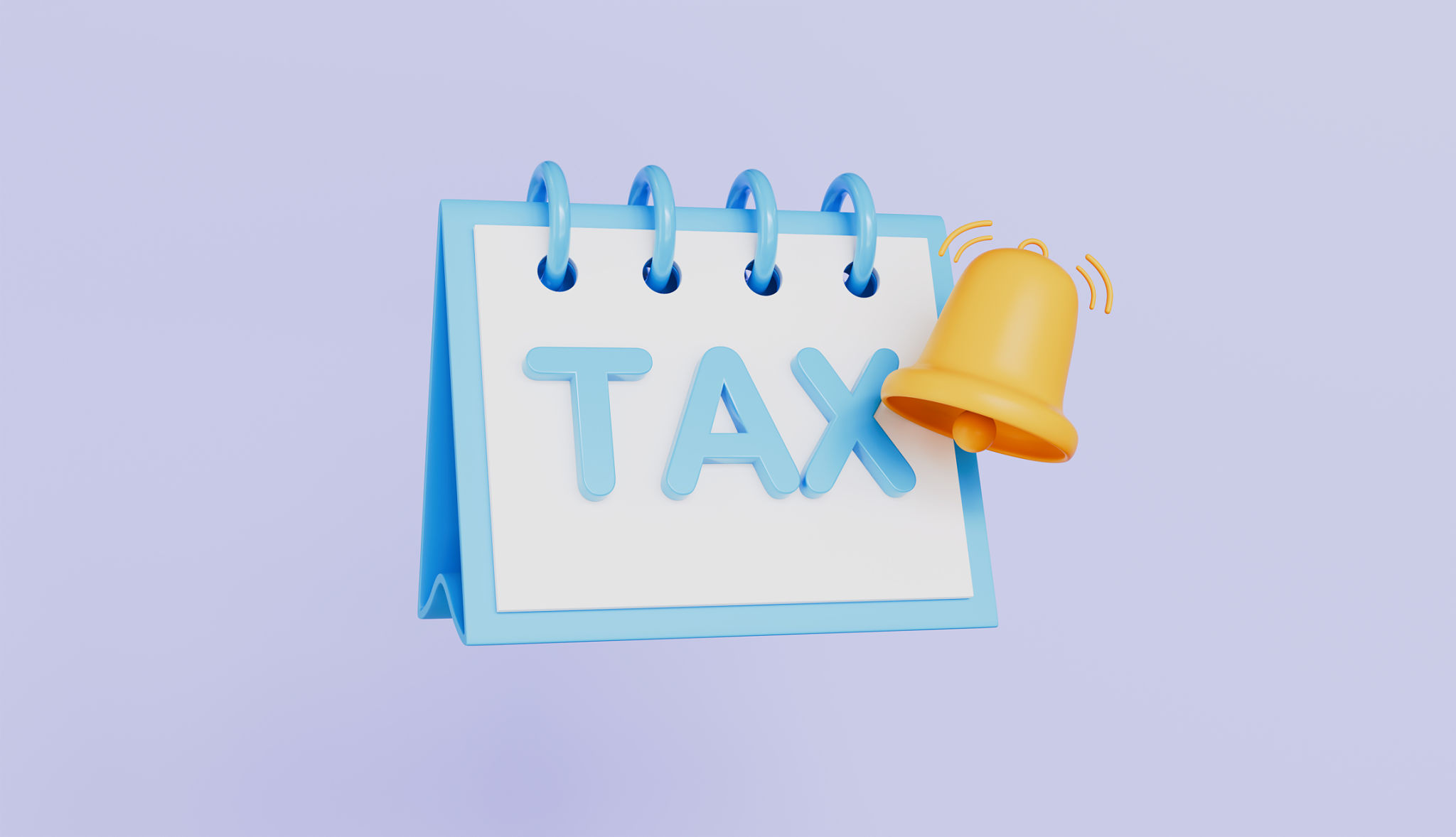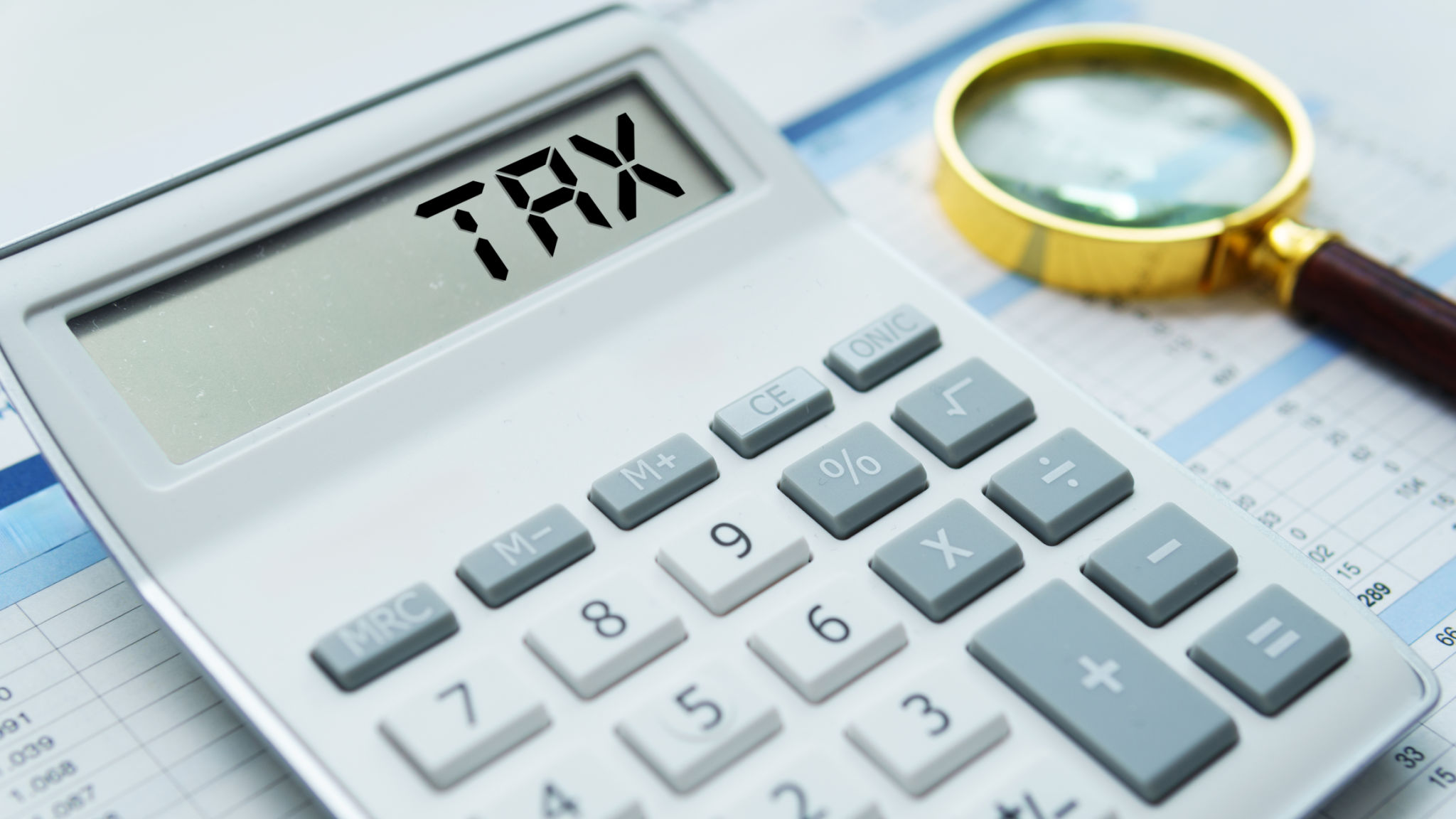Top 5 Common Mistakes During Self-Tax Filing and How to Avoid Them
Introduction
Filing taxes can be a daunting task, especially when doing it on your own. While the prospect of saving money on tax preparation services is tempting, self-filing can lead to common mistakes that may cost you more in the long run. In this blog post, we’ll explore the top five common mistakes made during self-tax filing and provide tips on how to avoid them.
1. Missing Deadlines
One of the most common mistakes is missing the tax filing deadline. Filing late can result in penalties and interest charges that increase your tax bill significantly. To avoid this, mark important tax dates on your calendar and set reminders well in advance.
Consider using tax software that provides alerts for upcoming deadlines or even filing your taxes early to avoid last-minute stress. Remember, filing for an extension is also an option if you need more time, but it does not extend the time to pay any taxes due.

2. Incorrect Information
Another frequent error involves incorrect personal information such as Social Security numbers, addresses, or bank details. This mistake can delay your refund or even lead to a rejection of your tax return. Always double-check your entries for accuracy before submitting your return.
Using tax preparation software can help minimize these errors by automatically importing information from previous years and ensuring consistency across forms. Make sure you update any changes in your personal details from the previous year.
3. Overlooking Tax Deductions and Credits
Many taxpayers miss out on valuable deductions and credits simply because they are unaware of them. Commonly overlooked deductions include student loan interest, medical expenses, and charitable contributions. Similarly, tax credits like the Earned Income Tax Credit can significantly reduce your tax liability.
Research applicable deductions and credits that you qualify for and ensure they are included in your return. Tax software often highlights eligible deductions and credits, streamlining the process of identifying those you might qualify for.

4. Improper Record-Keeping
Good record-keeping is crucial for accurate tax filing. Failing to maintain organized records of income, expenses, and receipts can lead to errors or missed deductions. Keep all relevant documents throughout the year in a secure and organized manner.
Consider using digital tools or apps designed to track expenses and store receipts electronically. This not only makes it easier to find documents when needed but also protects against loss or damage to paper records.
5. Miscalculations
Miscalculations are a common pitfall in self-filing. Simple arithmetic errors or incorrect entries can lead to inaccurate returns and potential penalties. Using reliable tax software can help catch these errors, as they often include built-in calculators and error-checking features.
If you're handling calculations manually, take the time to review each entry carefully and consider having someone else check your work before submission. Accuracy is key when it comes to avoiding costly mistakes.

Conclusion
While self-tax filing can be a cost-effective option, it's important to be aware of common pitfalls that could lead to errors or penalties. By staying organized, utilizing technology, and being mindful of deadlines and details, you can successfully navigate the process and maximize your refund potential. Remember, when in doubt, seeking assistance from a tax professional can provide peace of mind and ensure accuracy in your filings.